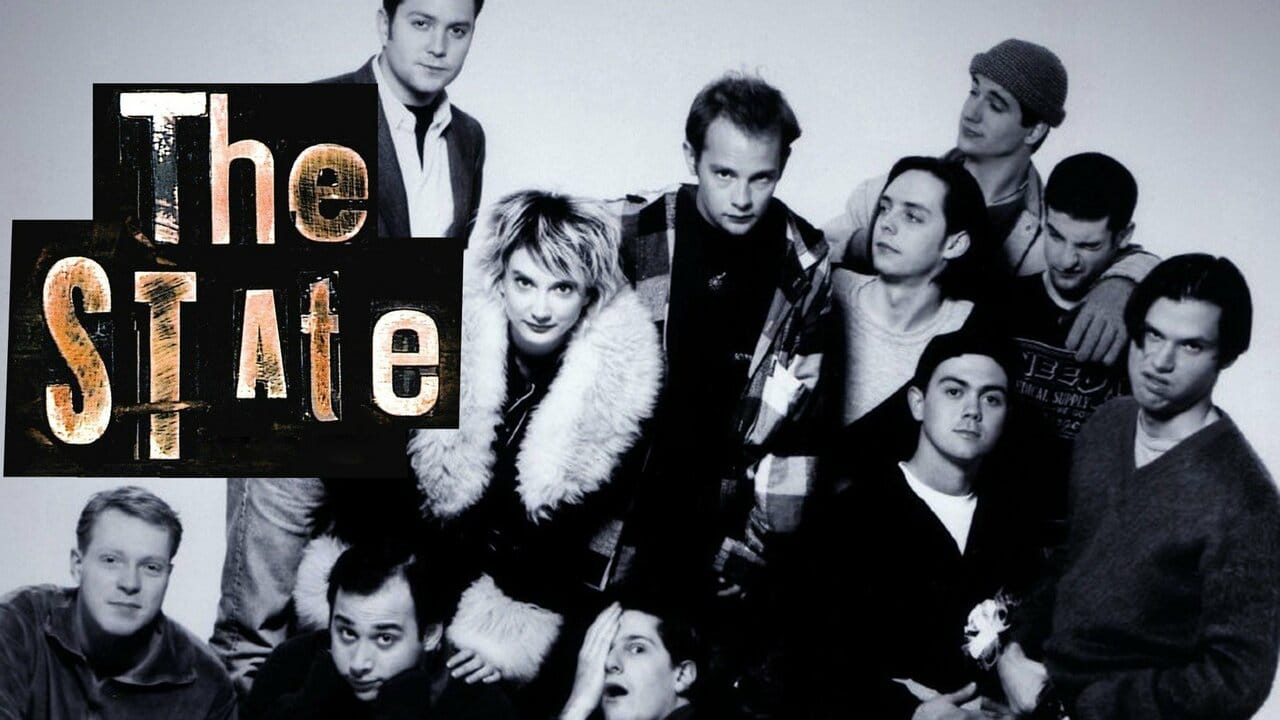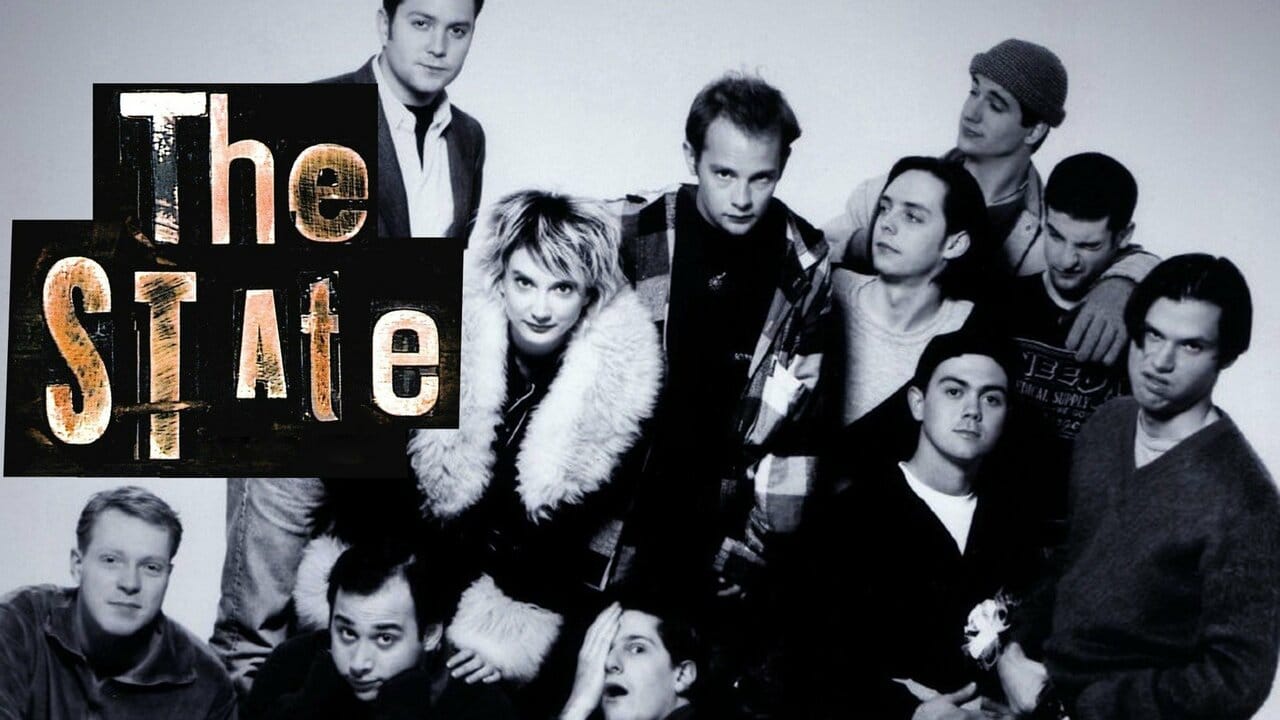Right now I’m working through a playlist of several hundred tracks from different sources: Email attachments, CD rips, RSS feeds, Etc. A lot of this listening is a job. And like any job, I’ve thought about how to organize and streamline it. It would take a lot of time and screen shots to go through the applescripts and filters I’ve written for iTunes, but I thought I would share a few basic ideas/tips that I use for getting through the pile. This works best for getting through lots of unknown/new artists, tracks you’re curious about but not committed to reviewing or writing about or even keeping yet.
1. Create a folder or playlist and treat it like an inbox.
Just like it’s inconvenient to check multiple applications and sites for your various email accounts, it’s inconvenient to stream music on Hype Machine, find MP3s scattered around your laptop/iPod, hit play inside every RSS feed in your feedreader, etc. At least for me it is. So I have one playlist on iTunes that anything new must go to. I download anything I want to listen to, rip CDs and put them in that playlist, add podcast MP3 streams, etc., and it all goes into that folder, which automatically adds tracks to the playlist.
This doesn’t work for stream-only tracks, which is probably why I don’t usually listen to stream-only promos.
2. Decide what happens to music once you listen to it. Make rules.
Is one listen enough to decide whether to keep something or research the band a little more? Is five listens? How about keeping, deleting, or re-listening to tracks once you’ve rated or tagged them as worthwhile? This is especially important for the blind listens, when you’re just trying to discover new stuff.
3. Make a smart playlist with those rules and filters. This is the playlist you will listen to.
My playlist says that tracks must come from my inbox playlist, and that they must be unrated (plus six other, less important rules). This is my “new music” playlist. This works best in iTunes, but I know other players have filters.
4. Make yourself a ‘trash’ playlist to go with your inbox playlist.
This is how you know what to delete. Make rules for this as well — if you skip a song more than three times, if you rate it below two stars, etc. Once in a while, go to this playlist, select all the tracks, hit option + delete, and get rid of the tracks permanently. I’m not precious about keeping whole albums, so this doesn’t bother me, of course.
(Bonus Tip) If you’re using iTunes, listen to your playlist through the iTunes DJ function.
If you make “unrated tracks” part of your filter criteria, then the song you are listening to will stop playing if you rate it during playback. If you are listening to the iTunes DJ, it won’t stop playback. Just set the “Source:” (bottom left corner) to the playlist you need to get through to work this way.
(Bonus Tip) Download the NPR script from Doug’s Applescripts
Here’s the link, but it’s down right now. This script will make it so that, once an hour, iTunes will go to NPR.org, download the latest five-minute hourly news update, and queue it after the currently playing track. It’s like creating your own NPR station. I call mine WBRR (Worst Blog Rock Radio).
There’s so much more I could mention about tags, filters, applescripts, hot keys (I made it so I don’t have to switch to iTunes to rate tracks, just hit option + apple + number to rate tracks) that I think makes all this even easier, but I got it all from Googling. You can too. Plus, that stuff is so specific to the way I listen to music, I doubt it would be useful to that many people. Anyway, I hope the rather general (though, admittedly, iTunes specific) things above help you. EDIT: I’ll try and do another post soon with download links to scripts and actions that couple help. Just have to organize and upload them.





















